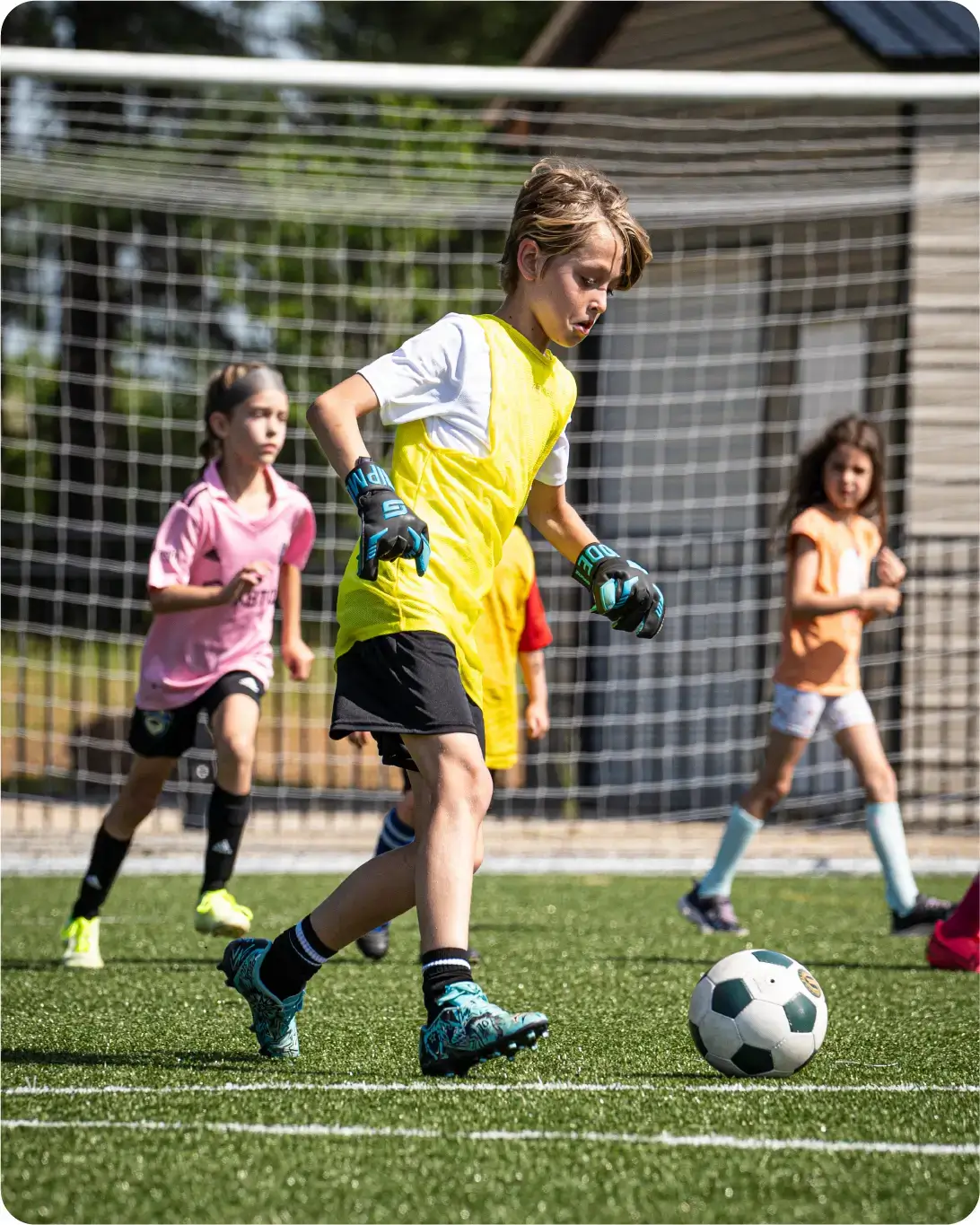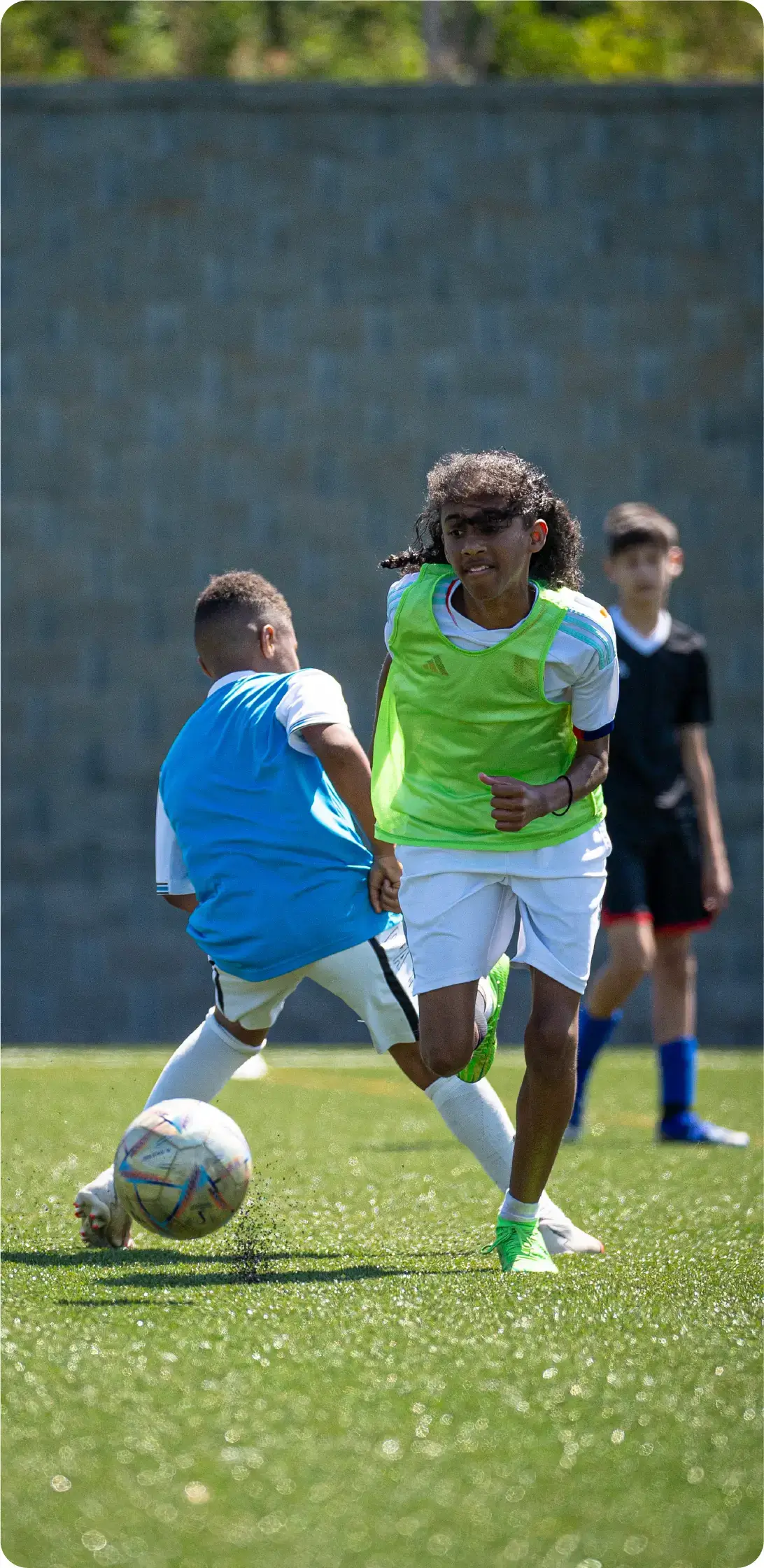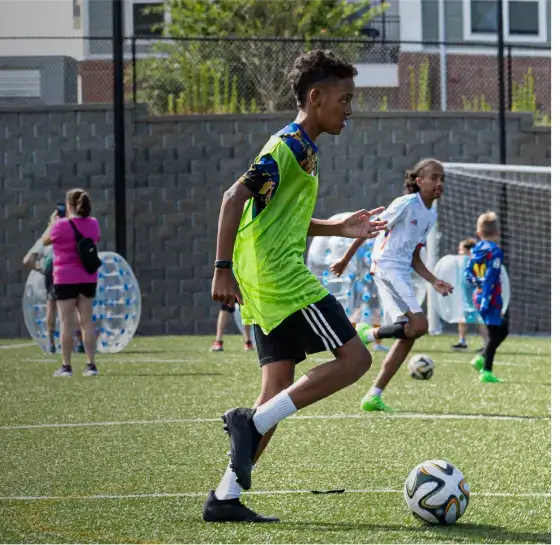CRFC
NEWSLETTERS
NEWSLETTERS FOR OUR LATEST EVENTS
Soccer is more than just a sport; it’s a powerful tool for developing leadership skills in players of all ages. Whether through teamwork, mentorship, or overcoming challenges, the lessons learned on the field can shape players into strong and effective leaders. Here’s how soccer helps nurture leadership qualities.
Leading by Example
In soccer, every player has the opportunity to lead by example. Whether showing dedication during practice, maintaining a positive attitude, or encouraging teammates, players learn that their actions influence others. This teaches them that leadership is about what you do, not just what you say.
Effective
Communication
Communication is key in soccer, both on and off the field. Players must constantly talk to each other—calling for the ball, giving instructions, or offering support. This constant need for clear and positive communication helps players develop the ability to express themselves effectively, a crucial skill for any leader.


Team First Mindset
A good leader knows the team’s success is more important than personal glory. Soccer players learn to put the team’s goals above their own, whether making a pass instead of taking a shot or supporting a struggling teammate. This team-first mentality develops a sense of responsibility and accountability, essential traits for any leader.
Mentorship and Guidance
Experienced players often take on mentorship roles, guiding newer or younger teammates. They share their knowledge, offer advice, and help others improve their game. This mentoring process helps players develop empathy, patience, and the ability to inspire and motivate others—vital qualities in leadership roles.
Handling Pressure
and Adversity
Soccer can be intense, with high-pressure moments and setbacks. Players learn to stay calm under pressure, make quick decisions, and bounce back from losses. These experiences build resilience and teach players how to stay focused and positive even when things don’t go as planned, preparing them for leadership challenges on and off the field.
Building
Confidence
Participating in soccer helps players gain confidence in their abilities. As they improve their skills, make decisions on the field, and contribute to their team’s success, they build self-belief. This confidence is critical to leadership, as it empowers individuals to take initiative and make impactful decisions.
Creating a Positive Team Environment
Soccer leaders understand the importance of creating a supportive and positive team environment. They help develop a culture of respect, encourage collaboration, and celebrate team achievements. This ability to build and maintain a strong team spirit is a fundamental aspect of effective leadership.

Conclusion
Soccer provides a dynamic environment where players can develop essential leadership skills like communication, teamwork, resilience, and the ability to inspire others. Whether on the field or in life, these skills help players become confident, capable leaders who can guide, support, and uplift those around them.

